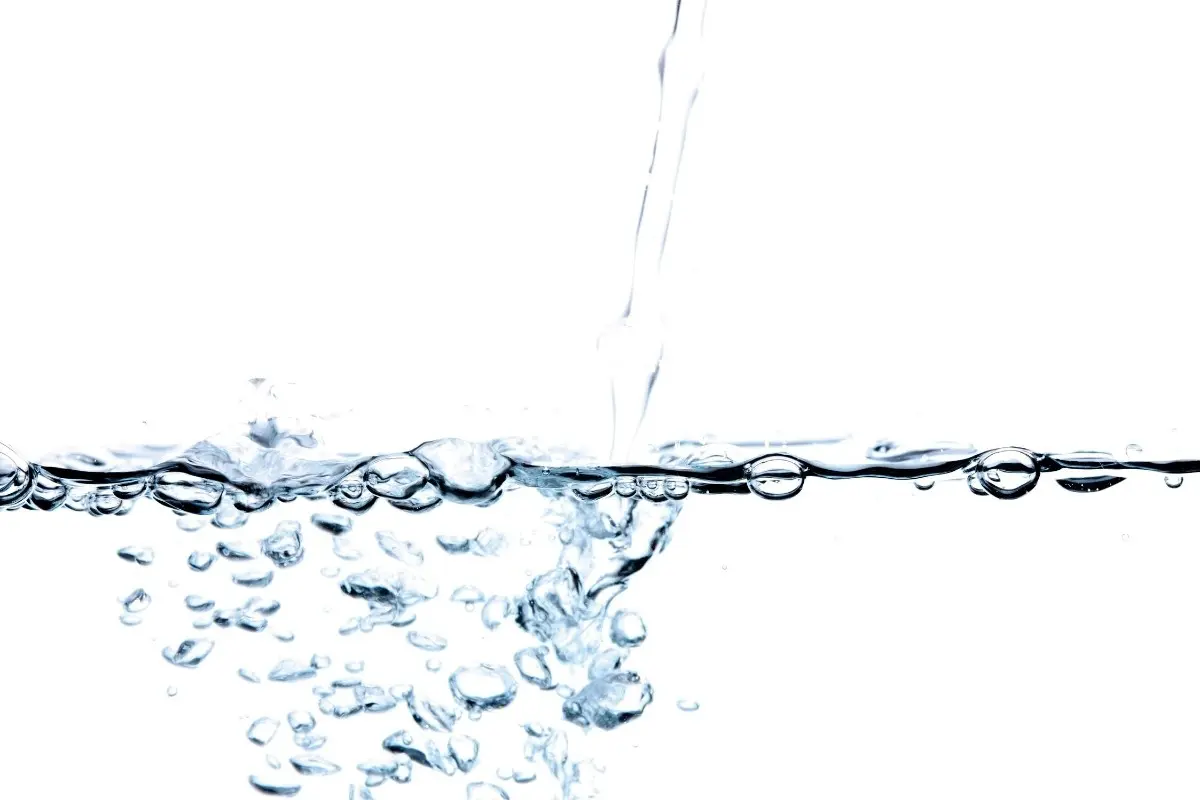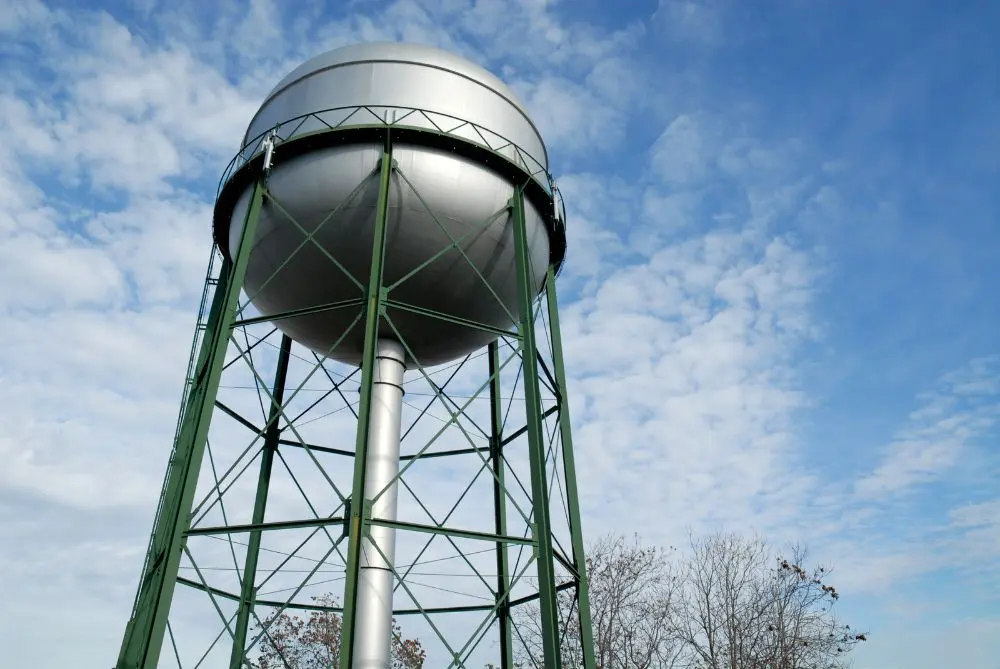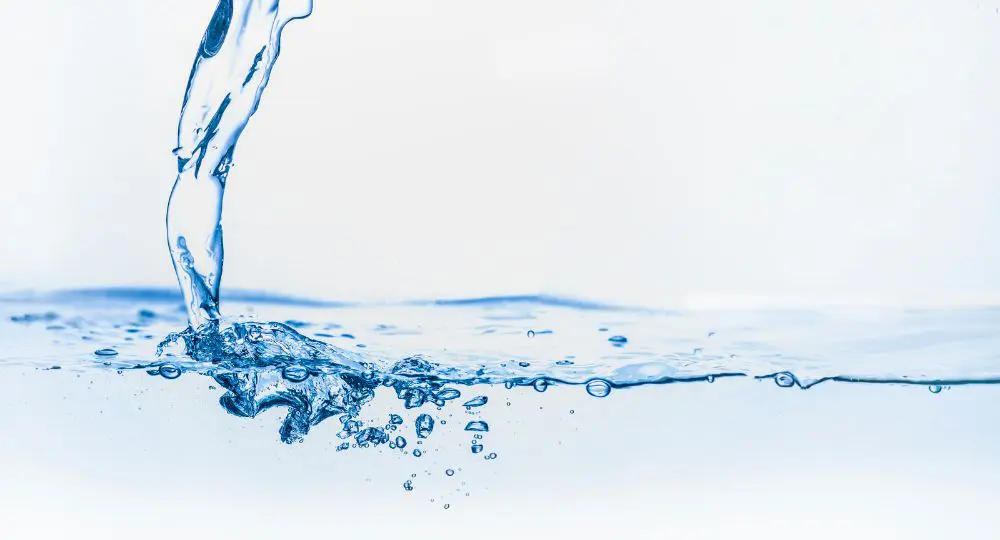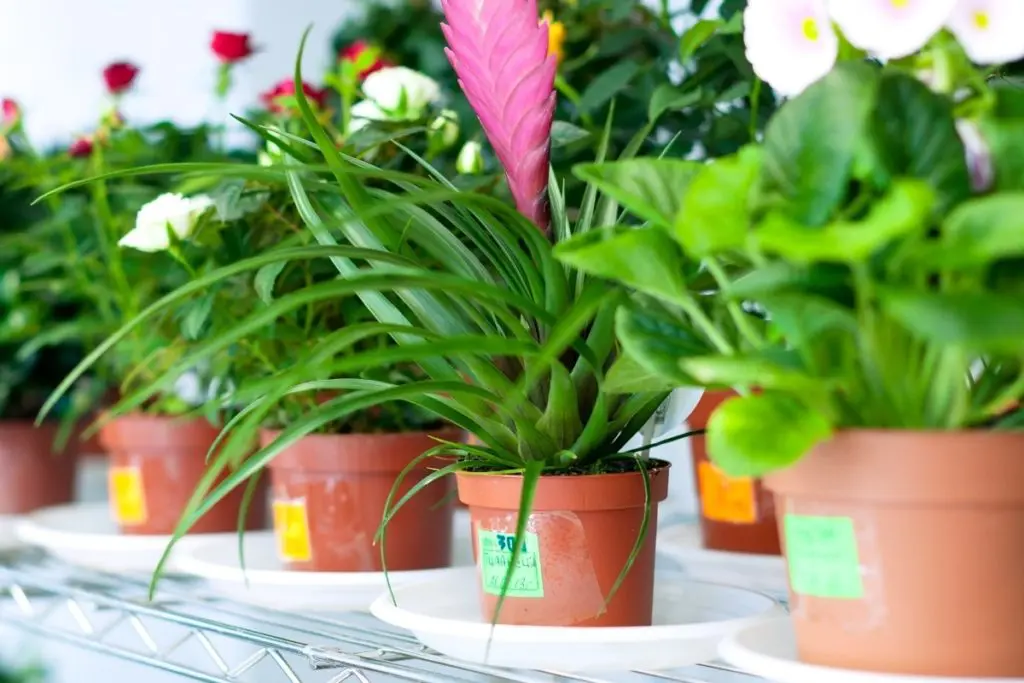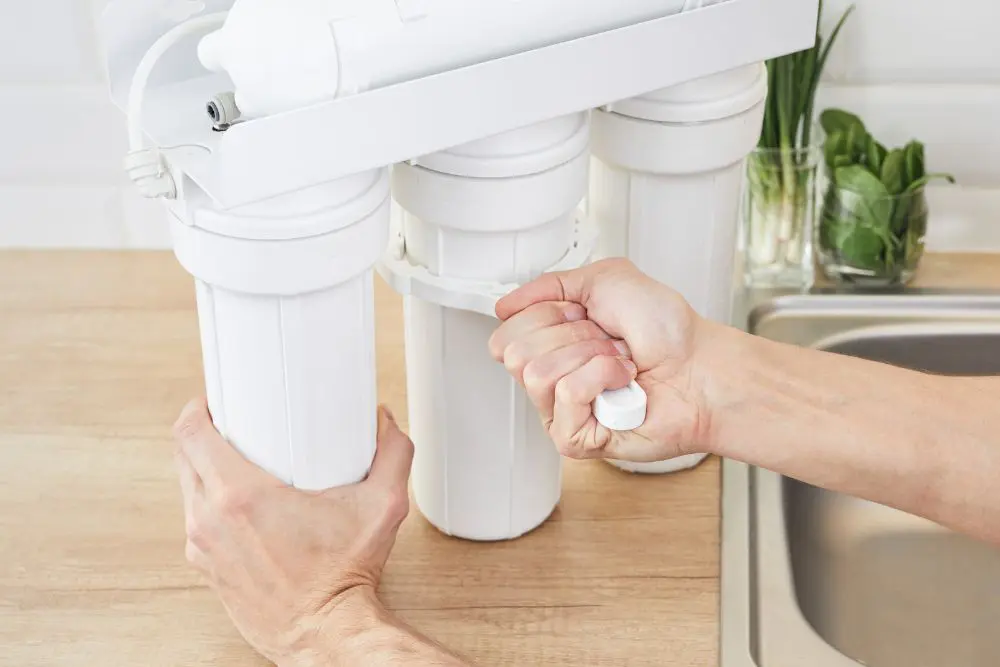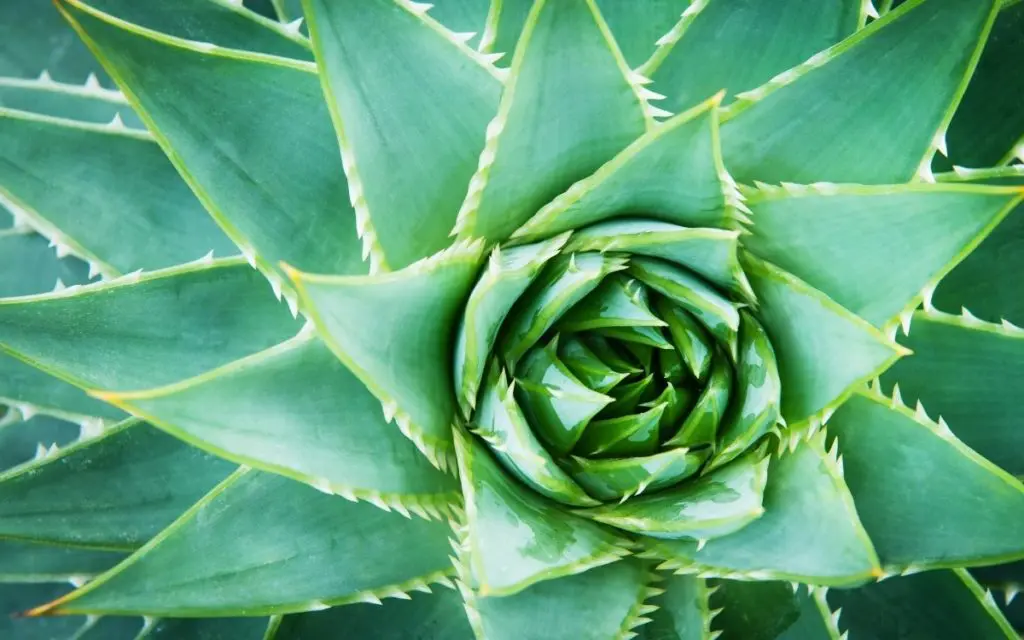Let’s take a look at hard water vs. soft water in homes, and how they can impact your routines. We don’t tend to think of water, a liquid, as being hard or soft. What does that even mean?
In the most basic sense, hard water simply has a higher mineral content than soft water. But while the difference may seem small, the type of water you use every day can have huge effects on your home, your body, and even the environment.
We’re here to break it down. We’ll take a look at soft water vs. hard water across five categories to help you decide which is best for your home and family.
Hard Water vs. Soft Water 101
| Hard Water | Soft Water | |
| Drinking Water | ✓ | |
| Hair & Skin | ✓ | |
| Appliances & Plumbing | ✓ | |
| Laundry | ✓ | |
| Eco-Friendliness | ✓ |
What Is Hard Water and Soft Water, Exactly?
All water starts out “soft” as it falls to the earth in the form of rain. Then, as it filters down through the ground and into waterways, it picks up natural “hard” minerals.
What Is the Difference Between Hard and Soft Water?
A higher presence of naturally occurring minerals is what makes water hard. Soft water may still contain these minerals but in much smaller amounts.
The extent of your water’s hardness or softness depends on where you live, where your water comes from, and even the local geology.
If you live in a home with water from a well, you are more likely to have hard water.
Those who have city water are more likely to have soft water, but not always.
Learn more about city water and well water.
How Do I Know if I Have Hard or Soft Water?
If it’s very hard, your water might smell or taste a little metallic or even look cloudy. You’ll likely have trouble getting soap to produce suds, and notice film on your dishes, appliances, or shower. You might also have problems with sediment and buildup in your pipes, or even water pressure issues.
Soft water, on the other hand, tends to taste slightly saltier, though not always. Soft water won’t cause buildup on appliances or pipes, and you won’t struggle with getting yourself or your clothes clean.
Hard Water Basics
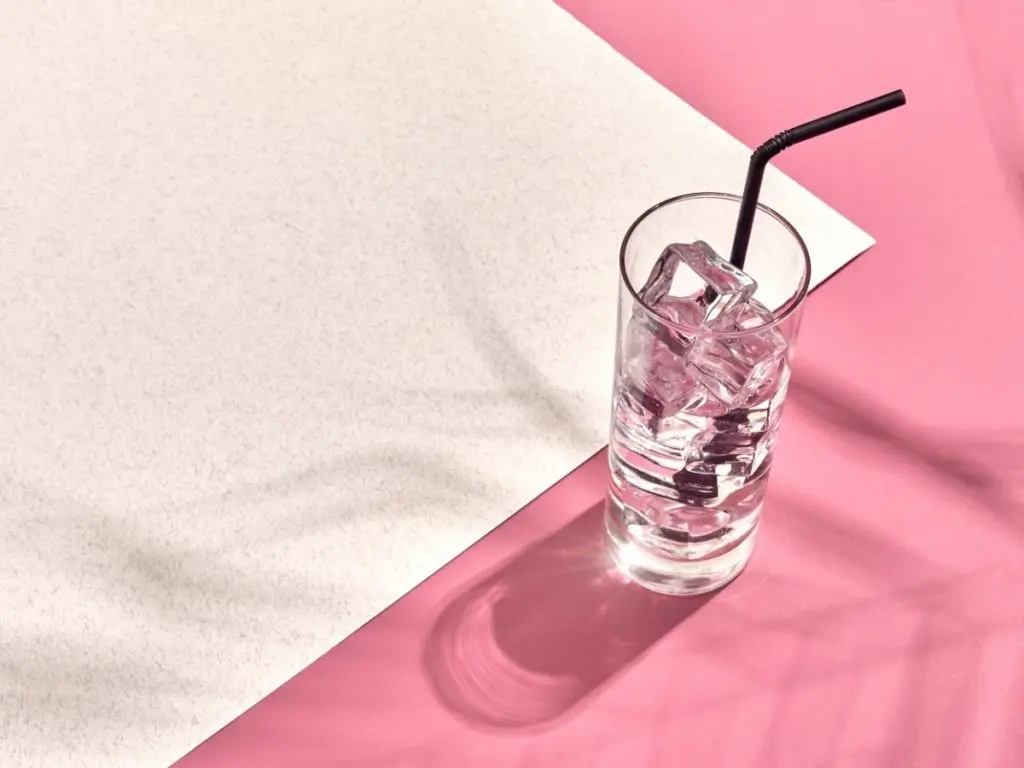
What Is Hard Water?
Hard water has a higher concentration of minerals, especially calcium and magnesium. These minerals are naturally occurring, and even necessary for health. Still, hard water can create problems for plumbing and daily activities around the house.
It’s also possible to have water that is mildly hard. In this case, your water has slightly higher levels of calcium and/or magnesium. Moderately hard water can taste great and not dramatically affect your plumbing or cleaning.
PROS
- Tastes “fresher” than soft water
- Calcium, in particular, is good for heart health, bones, and teeth — especially in children
- Can fulfill dietary needs for magnesium, calcium, manganese and other essential minerals
- Moderate limescale buildup in pipes can prevent pipe corrosion and release of heavy metals
CONS
- Can have a metallic odor/taste
- Can cause a film or build up on hair and skin
- Prevents soap from “sudsing” and makes getting laundry clean more difficult
- Very hard water causes spots, rings, or film on dishes, showers, tubs and more
- Harmful to plumbing and appliances over the long term, especially water heaters
Soft Water Basics
What Is Soft Water?
Soft water is water that doesn’t have high levels of magnesium, calcium, manganese, or iron. Or it previously contained these minerals but has been treated.
How Do You “Soften” Water?
Most water softeners use an ion-exchange process to remove magnesium and calcium from water, which (usually) also introduces a small amount of sodium.
PROS
- Much gentler on skin and hair
- Enables soap to work effectively
- Doesn’t form buildup inside pipes
- No stains, film, or buildup on showers, tubs, toilets, appliances, etc.
CONS
- Water softeners require ongoing maintenance and expense
- Healthy trace minerals are removed along with any excessive minerals
- Softened water is more chemically volatile, and can pick up contaminants from pipes
- In some situations, soft water contains elevated sodium levels and is not recommended for those on a low sodium diet, or for infants
Effects on Health, Hair & Skin, the Environment and More
Now that we’ve talked about the basics of hard water vs. soft water, it’s time for an in-depth comparison. Let’s start with which is better for drinking.
Soft Water vs. Hard Water: Drinking Water
Regardless of mineral content, you should always test your drinking water to determine whether there are any contaminants present. If testing reveals you have an issue, it’s time to look into whole house water filtration or a reverse osmosis filter.
Assuming that your water is clean and uncontaminated, when it comes to drinking soft water vs. hard water, either is perfectly safe. But people have their preferences.
Many loyal hard water-drinkers argue that hard water tastes better. This does make sense, as minerals like magnesium and calcium are part of what makes water taste “fresh.” There is also a nutritional component. If your diet doesn’t include a variety of healthy foods rich in these minerals, then not getting them via your drinking water could be an issue.
Suppose you use a salt-based water softener in your home. In that case, your water’s ion-removal process will introduce some sodium bicarbonate into your drinking water. But unless your water is extremely hard and your softener uses a lot of salt, the sodium level that ends up in softened drinking water is considered negligible for people in good health. (There are also water softeners that do not use a salt-based process to remove minerals if sodium content is a big concern.)
Cooking with soft water, however, generally works better overall. Because filtration removes the minerals, they won’t interfere with the flavor of food, affect bread rising, or toughen vegetables the way that hard water can.
Winner: This category is a bit of a toss-up since both hard and soft water are safe to drink. But due to its essential mineral content, hard water could be considered slightly healthier and better-tasting.
Soft Water vs. Hard Water: Effects on Skin & Hair
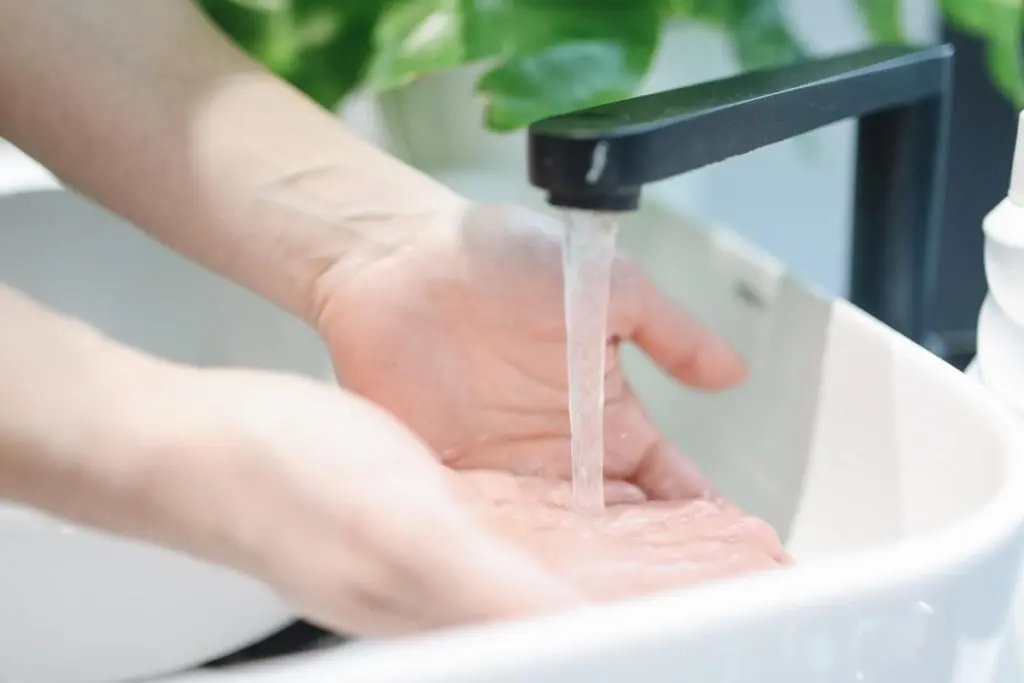
If you have any doubts about whether your water is hard, the bathroom is one of the first places to look. Does your bathtub feature a ring that’s impossible to get rid of? Does your shower have a film or spots that you can’t get off, no matter how hard you scrub? Is your shower curtain particularly scummy? Do you have a tough time getting soap to lather, but then also struggle with trying to rinse it off?
If the answer to any of these questions is “yes,” then you are likely dealing with overly-mineralized water. And chances are your skin is feeling the most negative effects of all.
Hard water doesn’t just cause simple dermatological irritation. Minerals can alter pH balance and absorb the natural moisture from your skin, leading to all sorts of problems. Dryness is the biggest issue, but if you have eczema, psoriasis, or even sensitive skin — hard water can cause breakouts and worsen irritations or flare-ups.
If you’re feeling itchy, scaly, or ashy after taking a bath or shower, it’s time to start looking into water softening.
And it’s not just your skin that suffers from water with a high mineral content. Hard water can also cause the following hair-related issues:
- Limp hair or straw-like hair texture
- Shampoo that won’t lather properly and conditioner that won’t thoroughly rinse
- Buildup or residue, thinning hair, breakage, or even hair loss
- Color-treated hair fades faster
Winner: Hard water does a number on both hair and skin. In the battles of hard water vs. soft water on skin and hard water vs. soft water on hair — soft water wins by a mile.
Soft Water vs. Hard Water: Effects on Plumbing & Appliances
Let’s just cut to the chase on this one: soft water is undeniably better for appliances and plumbing.
When hard water is heated, calcium deposits form. This deposit makes the effects of hard water especially problematic anywhere you heat or use hot water — like showers, tubs, dishwashers, and laundry machines. And the higher the temperature, the more solid mineral buildup over time.
If you have very hard water, it can even make your water heater sound like it’s “popping popcorn.” This noise is a result of calcified rock deposits crusted on the heating elements starting to crack and stretch!
Even if your hard water is less hard, it will still cause wear and tear on your appliances and buildup on your plumbing and fixtures eventually. At the very least, it’s a hassle. Again, the worst-case scenario could involve clogged pipes, decreased water pressure, and significant repairs.
Winner: Hard water wreaks havoc on plumbing and appliances — another clear winner in the soft water column.
Soft Water vs. Hard Water: Laundry
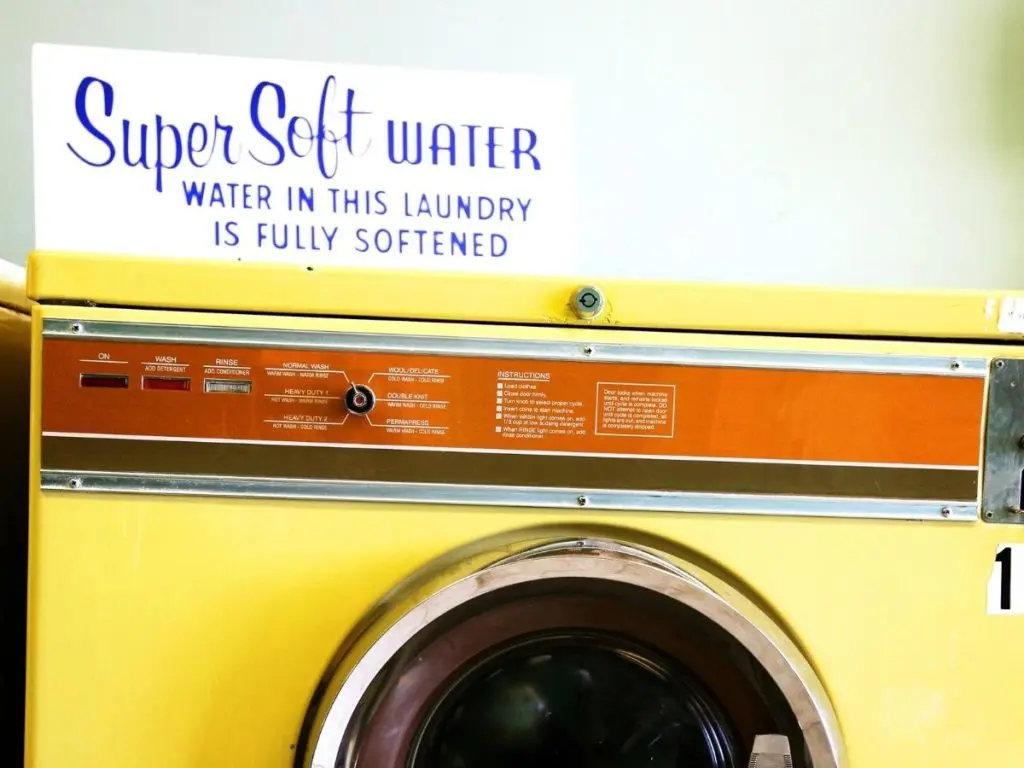
Hard water can also be pretty frustrating to use in the laundry room.
Any kind of soap, including laundry detergent, doesn’t work as effectively in hard water. Not only does it make your laundry stiff, scratchy, and dingy, it will fade colors, and wear out clothes faster. You might even get actual mineral stains on clothes if you have very hard water. And forget ever producing a fluffy towel out of the dryer when it’s been through a hard water wash cycle!
Even worse, once hard water residue builds up on your clothes, it acts as a sticky attractant for even more dirt. The residue is especially noticeable (and annoying) if you’re frequently re-washing something — for example, cloth diapers or bedding.
It turns out there’s a scientific explanation for all this aggravation.
When a positively-charged calcium atom (like those found in hard water) comes into contact with a negatively-charged soap molecule, they bond together into one molecule, which can no longer dissolve. When soap and hard water are brought together in this way, they produce the dreaded substance known as soap scum. Or, if you want to get scientific again, a “curdy precipitate.” Ew.
There are unique laundry boosters that can help hard water clean a little better. However, ultimately, you will be limited in getting your laundry truly clean.
Soft water eliminates all of these issues and is ideal for cleaning — in the laundry room and beyond.
Winner: Unless you want dingy, scratchy clothes and a “curdy precipitate,” definitely only use soft water to do your laundry.
Soft Water vs. Hard Water: Environmental Benefits
We’ve already talked about many of the benefits of soft water, such as longer-lasting appliances, cleaner clothes, and less limescale buildup on pipes and fixtures. However, there are a few drawbacks that come with using a salt-based water softener, particularly environmental concerns.
Some of the not so eco-friendly characteristics of water softeners include:
- A lot of water use. During their regeneration process, they can use up to 25 gallons a day.
- Since wastewater from water softeners contains a high sodium content, we don’t recommend them for (re)use on plants or gardens.
- If the water flowing into your softener is very hard, the water discharged from the brine tank can have a particularly concentrated sodium content. In this case, the chloride in salt is considered a pollutant. It can have adverse effects on local watersheds and agriculture.
- Bacteria and fungi can accumulate in a water-softening system without regular cleaning and maintenance.
The Flip-side
Before we get too down on water softeners, an argument persists that efficiency elsewhere makes up for each of these drawbacks. For instance, soft water is much more efficient to heat. Softening your water means significantly less wear and tear on your appliances, so you’re not replacing appliances that then go in the trash.
And thankfully, water softeners are becoming increasingly technologically advanced, more efficient, and less wasteful. There are also several salt-free water softeners on the market and water conditioners. These options use a different process to neutralize minerals instead of removing them via sodium ion exchange.
Myth-busting
Finally, while we’re on the topic of water softeners, we want to bust a common myth. While they are very efficient at removing minerals from water, that’s all they do.
Water softeners don’t filter out any pollutants or contaminants. To remove anything besides minerals from your water, you’ll need to look into a whole house filter or a reverse osmosis system.
Winner: This one is another close call. Since salt-free water softeners are becoming more prevalent and softening water prevents overall wastefulness, we’re marking this one in the soft water column.
Which is Best: Hard Water or Soft Water?
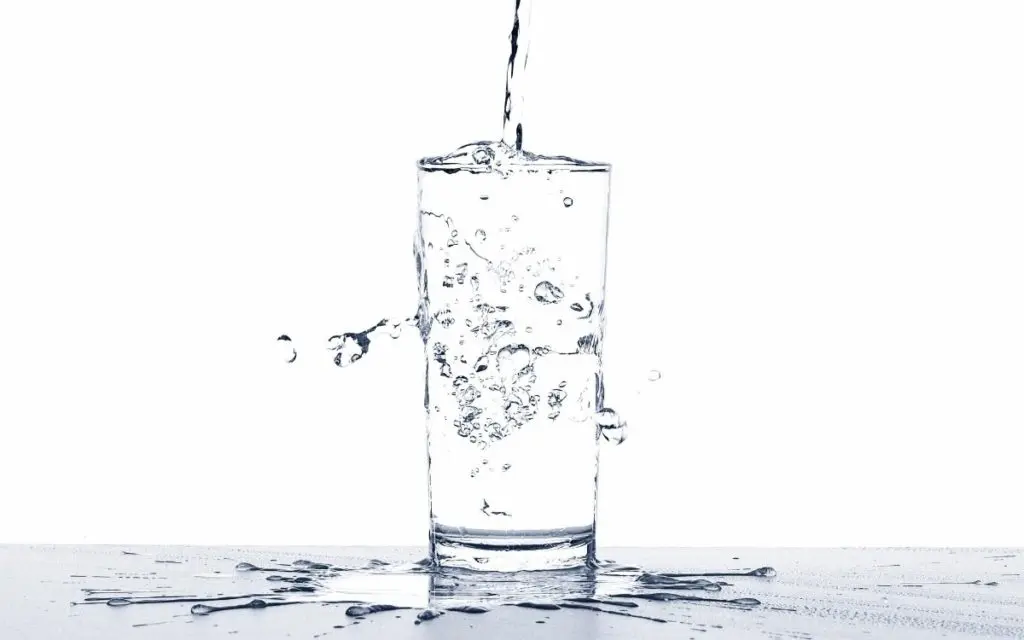
This battle is a matchup in which the victor is crystal-clear: soft water is the way to go!
While it might be fresher-tasting and provide some trace minerals, hard water is notoriously hard on skin and hair. And, if you’d like to avoid buildup on your plumbing and appliances, dirty dishes, and sticky clothes — it’s soft water for the win!
Further Reading
Related Reading
